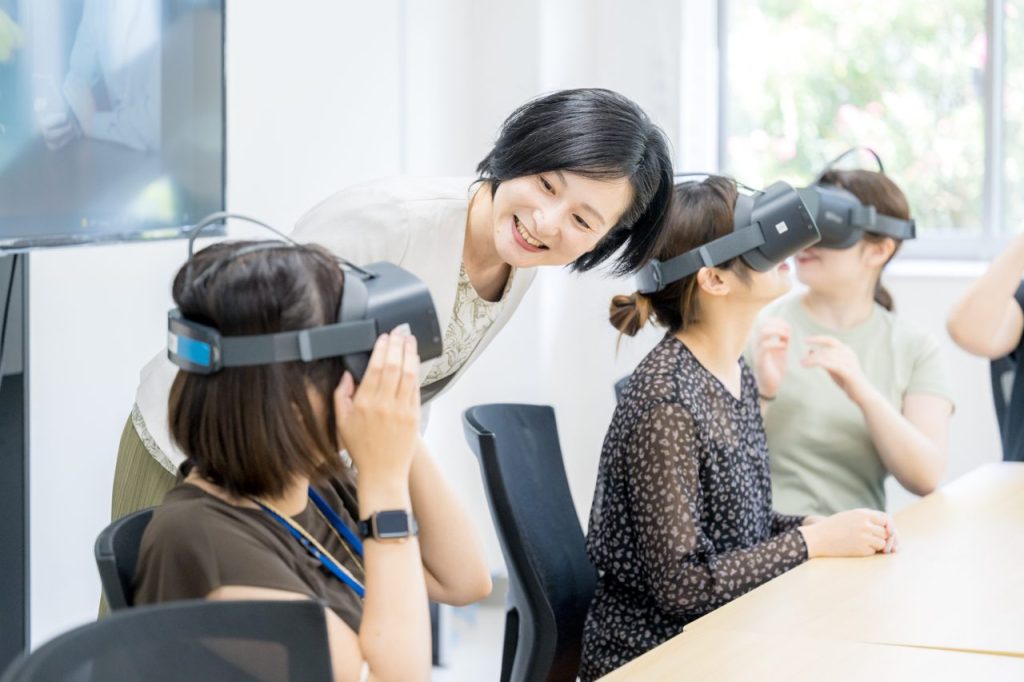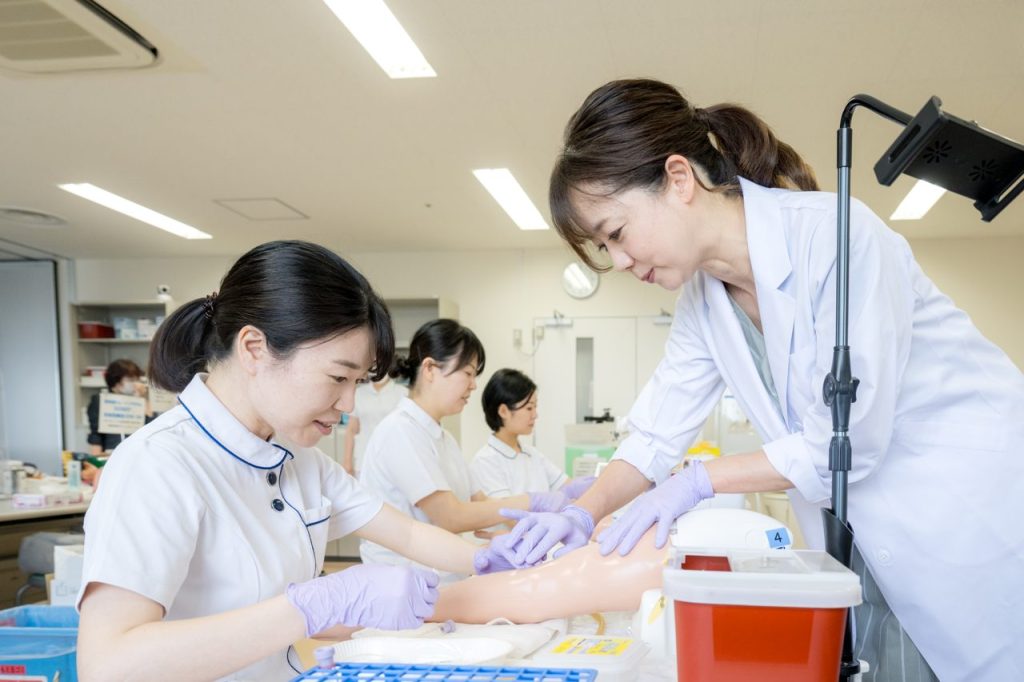

Balancing care staff wellbeing with quality assurance and improvement of care in long-term care facilities and at home
I love to acquire new ideas, knowledge and experience. Many elderly people live at home or in long-term care facilities. Compared to nursing care in acute care hospitals, quality assurance of nursing care at home and in long-term care facilities has not been well developed. We are pursuing the development of quality indicators for care at home and in long-term care facilities, and the utilization of these indicators to create a system in which all people in society can receive equally high quality nursing and care. Specifically, we are (1) developing quality indicators for quality of care that can be used at home and long-term care facilities, and (2) developing a system for managing quality of care through the use of standardized quality indicators. In addition, the improvement of the quality of nursing and care cannot be considered without the wellbeing of nurses and care providers. Nursing and care are interpersonal practices, and nurses and care providers are neither machines nor angels, but flesh and blood human beings. As part of our efforts to improve the quality of care, we will pursue ways of working that allow nurses and care providers, as human beings, to feel fulfilled in their nursing and care work, to continue their work, and to maintain their wellbeing. Specific initiatives include research on improving the wellbeing of staff at long-term care facilities through case study meetings and discussions on care.
Building new knowledge of care through case studies
Nursing and care, which are interpersonal practices, are characterized by their one-time nature, which is established under the influence of various contexts surrounding the providers and recipients of care, as well as the holistic nature that cannot be divided into elements of body, mind, and spirituality. In such nursing and care practice, there is knowledge that can only be gained by examining individual cases. However, case studies have tended to be regarded as less scientific and their value has been neglected under the conventional view of science. We will examine the nature of case studies to build knowledge in nursing and care, including their scientific nature. We hold case study workshops several times a year (“Case Studies to Understand the Meaning of Care” workshops), present case studies in collaboration with nurses and caregivers in the field, and practice case studies through the hospital nursing ladder system, together with researchers in other fields such as philosophy. These efforts are directly related to our research agenda of quality assurance and improvement of care and the pursuit of wellbeing of nurses and care providers, and we are examining how to improve the quality of nursing and care through case studies at home nursing stations and long-term care facilities in collaboration with researchers from various fields. We are working with researchers from various fields at home care nursing stations and long-term care facilities.
New developments in nursing practice in a community-based society
In Japan’s super-aging society, there are many people who live long lives with difficulties due to old age, disabilities, and illness. It is desirable for nursing to go beyond the conventional delivery system and aim for new developments in order to be able to live with such people and help everyone to live their days with vitality. We are examining the future of advanced practice nursing such as Nurse Practitioner, the development of new nursing in the community by social community nurses, and the contribution to new community development from the perspective of nursing. In particular, we will discuss dementia. Specifically, we are working on joint industry-government-academia projects and research with local governments that utilize gamification to think about dementia, studies to create workplaces that aim to balance nursing care and work, and case studies of pioneering nursing practices in the community.
![01utlogo[1]](https://longtermcare.m.u-tokyo.ac.jp/wp/wp-content/uploads/2022/06/logo-utokyo-vertical-221x300.jpg)